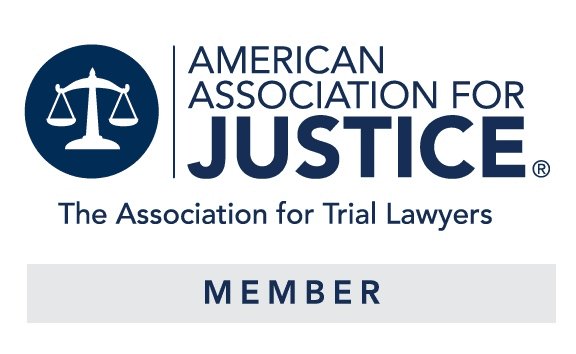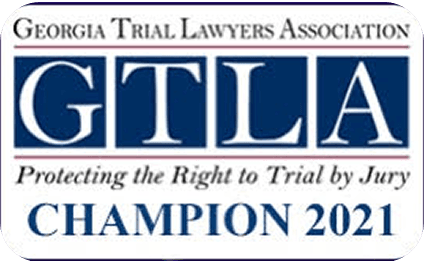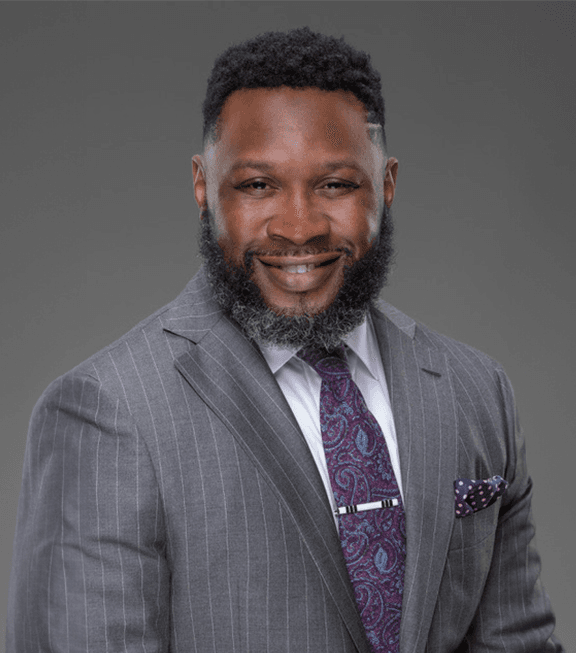
Negotiation
Negotiation plays an important part in resolving many personal injury cases. This is because most claims are settled out of court without a trial.
If you or a loved one were injured due to another party’s negligence, you will likely resolve the matter through negotiations outside the courtroom. A personal injury lawyer can negotiate on your behalf and assist with maximizing potential compensation after an accident.
What Are Negotiations in a Georgia Personal Injury Case?
Negotiations may happen at various stages of a personal injury case, from right after your injury to shortly before a trial begins. The process typically involves you and your personal injury attorney attempting to agree on a fair settlement amount with the at-fault party and their insurance company.
The goal is to agree on an amount that will adequately cover your losses for medical bills, lost wages, pain and suffering, and other damages. Successful negotiations can help you avoid the time, expense, and uncertainty of going to trial.
The Negotiation Process in Georgia
Every personal injury case is unique, but negotiations typically follow a similar process. This includes:
1. Filing Your Claim
After suffering an injury, you will likely file a claim with the at-fault party’s insurance company. You may present initial evidence, such as medical records, witness statements, and details regarding how the injury happened.
Your attorney can gather the appropriate evidence and determine the value of your claim. This requires calculating your economic damages for medical expenses and lost wages and non-economic damages for things like pain and suffering.
2. Investigation and Evaluation
The insurance company will then investigate your claim. They may review accident reports, medical records, and other evidence to determine liability and damages. Disputes over liability may stall negotiations, while shared liability can reduce compensation under Georgia’s modified comparative fault rule.
3. Initial Settlement Offer
The insurance company may offer a settlement—but the first offer is often low. Insurance companies typically aim to settle for the least amount possible to protect their bottom line. A personal injury attorney can help you recognize lowball offers and respond strategically.
4. Counteroffers and Continued Negotiations
Your lawyer may respond with a counteroffer, supported by additional evidence of liability or damages. Negotiations can go back and forth for some time as both sides work toward a mutually acceptable figure.
5. Reach a Settlement Agreement
Once both sides agree on a number, the settlement is finalized. You’ll sign a release form waiving future claims, and the at-fault party or their insurer will issue payment. If negotiations fail, the case may proceed to court.
Key Factors in Georgia Personal Injury Negotiations
Several factors influence the outcome of negotiations:
1. The Strength of the Evidence
Stronger evidence improves your bargaining position and puts pressure on insurers to offer fair compensation.
2. The Severity of Your Injuries
More serious injuries typically result in higher settlements—especially those involving permanent disability or significant medical treatment.
3. Your Economic and Non-Economic Damages
Economic damages are easier to calculate. Non-economic damages, like pain and suffering, are more subjective and may require expert support.
4. Insurance Policy Limits
Policy limits can cap the amount recoverable through insurance. A lawyer will explore all avenues for additional compensation.
A Personal Injury Attorney Can Negotiate a Fair Settlement on Your Behalf
Negotiation is a key part of many personal injury claims. Having an experienced personal injury attorney on your side can make all the difference during this process. An attorney can help protect your right to fair compensation.
If you or a loved one has been injured, schedule a free consultation with a personal injury lawyer in Geórgia at Lawson Personal Injury Attorneys today.
Georgia Personal Injury Lawyers
We focus exclusively on serious personal injury cases, including:
Assault Injuries
Bad Faith Insurance
Bicycle Accident
Brain Injury
Bus Accidents
Car Accidents
Catastrophic Injuries
Child Injuries
Construction Accidents
Dog Bites
If your life was disrupted by someone else's negligence, we're here to restore your power through the law.











